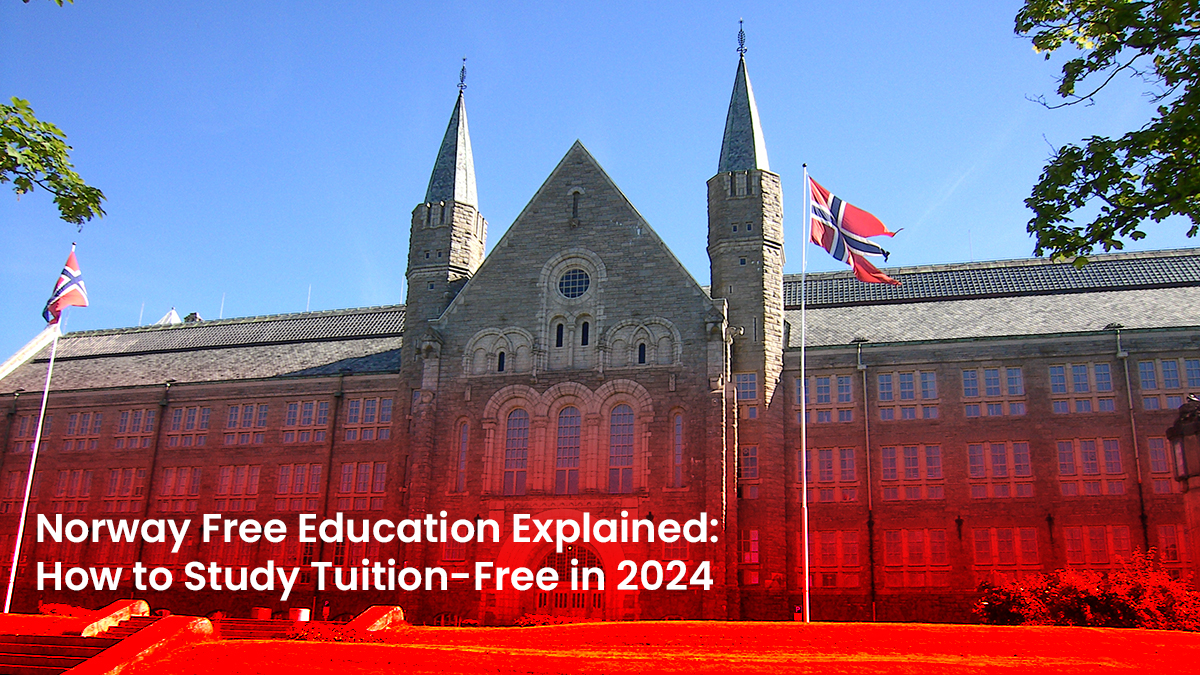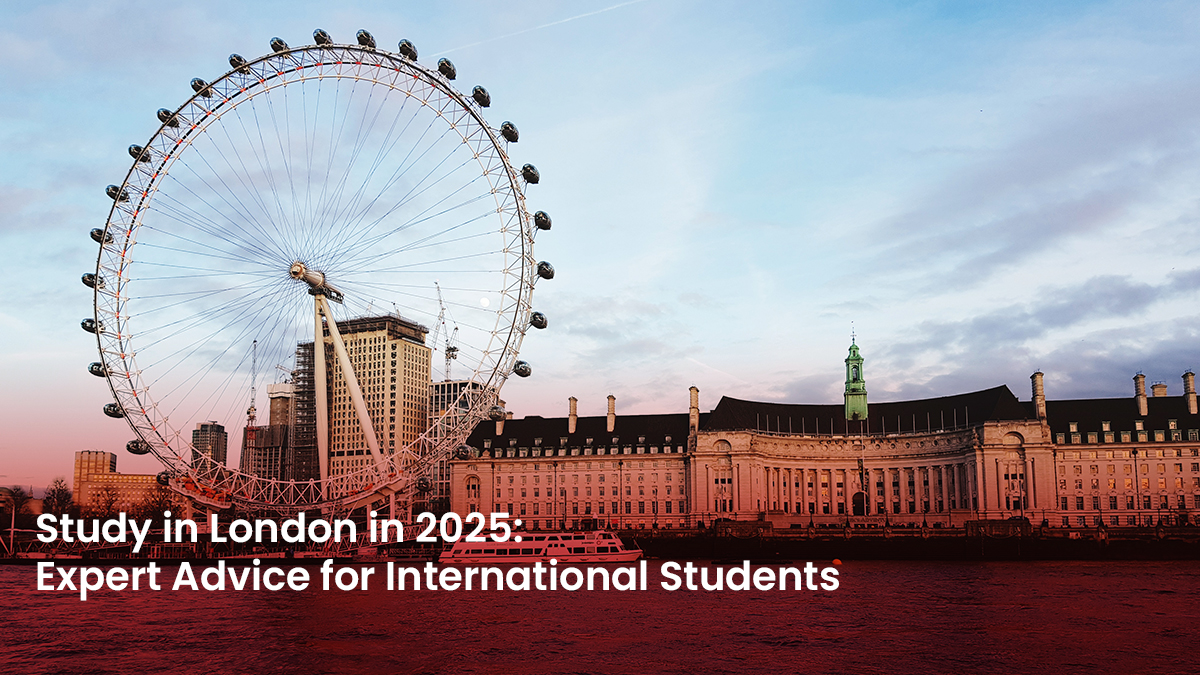Following the 10 percent tuition fee increase for international students at the University of Calgary in May, two of Alberta’s top universities’ student groups are urging the government to enact rules governing tuition payments made by international students.
Previously, around 6,000 students were affected by the tuition hikes in May. Another fee increase is about to be implemented in Canada with an eye toward international students.
Key Takeaways:
- The University of Calgary implemented a 10 percent tuition fee increase in May, affecting around 6,000 students.
- International students are urging the Alberta government to control and implement regulations in response to the steep tuition increase.
- Many universities in other provinces have begun to freeze the cost of international tuition, and students have yet to see any government response.
Over 7,200 international students attend the University of Alberta and at its campuses, nearly 40,000 students from Canada and other countries study together. Starting with the 2023-2024 academic year, tuition for international students at the University of Alberta will increase by 6 percent.
Demetrios Nicolaides, minister of advanced education in Alberta, approved the “exceptional” tuition hikes for 12 programs offered by the University of Alberta.
In that year, 4,100 new overseas students are expected to enroll at the University of Alberta, and most art and scientific degrees will cost an additional $10,000 CAD as a result of the increase.
Tuition for new students will rise by 16 percent to 104 percent for a dozen majors at the university, and only students admitted in fall 2022 and later are subject to the hikes, which take effect at the beginning of the fall 2022 semester.
In an effort to draw in more international students, several universities in other provinces have started to freeze international tuition fees. Laurentian University stated on June 24 that it would be freezing its foreign tuition costs to compete with other Ontario higher education institutions striving to increase their international student numbers for the upcoming academic year.
In Canada’s higher education industry, the choice to cut or freeze fees is nothing new. The international higher education leaders are yet to see if other Canadian universities will follow suit to freeze international tuition fees.
Universities in Alberta have among the highest tuition costs in the country for undergraduate international students. Now living in Alberta with inflation hitting the country at an all-time high in the past three decades, fee increases and rising living expenses are making it nearly difficult for international students to make ends meet.
Moreover, the persistent student debt crisis afflicting Canadian students is not unrelated to increases in international tuition fees; domestic fees have climbed by up to 4 percent in recent years.
Student groups have emphasized that financial aids are not enough for international students and are continuing to urge the Alberta government to do something about the precarious situation the international student community is swamped with.
MSM Unify is your one-stop source platform that connects students, higher education institutions, and agents worldwide. Sign up for the latest updates on international education in Canada and other top study destinations.












